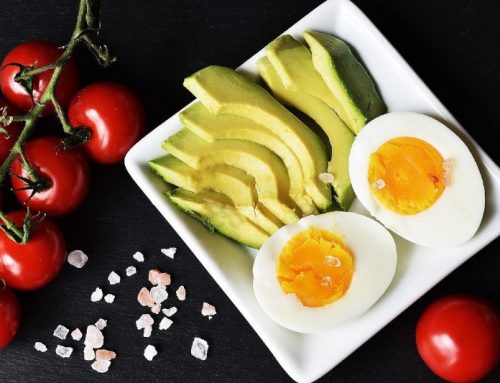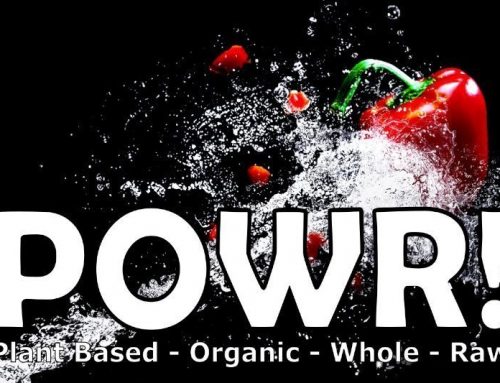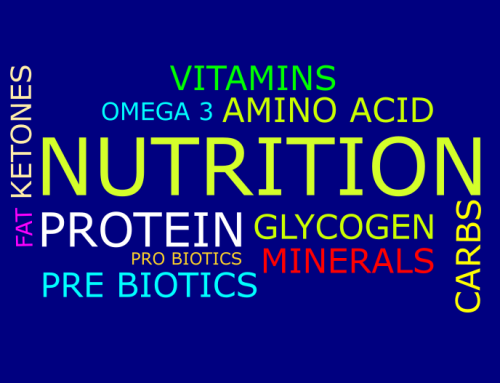Alt-Meat is the new name for Vegan and Vegetarian Faux Meat products. Food that looks and tastes (and sometimes even bleeds) like meat but doesn’t involve harming or exploiting animals.
These products are also refereed to as meat analogues, meat alternatives, meat substitutes, mock meat, imitation meat, vegetarian meat, or vegan meat.
Alt-Meat producers can take one of two routes. Either they process plant based ingredients to simulate the meat, adding ingredients, such as protein supplements to improve the nutritional value of the product.
Or, they grow the meat in a laboratory using stem cells. This is REAL meat but (allegedly) without cruelty to animals.
Alt-Meat is forecast to be the next big thing in the same way as non dairy milk is today. A key driver will be the transition from the supermarket health isle to the meat counter.
What is Stem Cell Meat?
Stem Cell or Lab-grown meat, also called clean meat, could eliminate much of the cruel, unethical treatment of animals raised for food. It could also reduce the considerable environmental costs of meat production as resources are only needed to generate cultured cells.
Several start-ups are developing lab-grown beef, pork, poultry and seafood, among them Mosa Meat, Memphis Meats, SuperMeat and Finless Foods.
The meat is made by taking a muscle sample from the animal, collecting the stem cells and using them to grow new muscle tissue (Meat).
One tissue sample from a cow can yield enough muscle tissue to make 80,000 burgers.
A number of start-ups expect to have products for sale within the next few years. The challenges at the moment are public acceptance, cost, and taste (due to lack of fat). FDA and United States Agriculture Department approval is also needed. None of these are surmountable issues.
Kroger, the largest grocery store chain, named plant-based food one of its top trends of 2019.
Vegans and vegetarians are very different consumers, says new survey
A new survey of 1,000 consumers including vegetarians, vegans, pescatarians, and meat-eaters in the U.K. and U.S, asked the question “Should plant-based products have meat-related names?”
According to this survey, 25% of respondents supported a ban on using meat-related names on plant-based products. Vegans were the majority of survey respondents who supported a ban (33%), following by meat-eaters at 26%. Vegetarians were least likely to support a ban, at 18%.
More than a lifestyle diet, veganism is a belief system, so it’s only natural that many would be repulsed by meat-sounding products.
49% of vegetarians would be MORE likely to buy a plant-based product labeled with a meat name such as sausage, burger, or steak, compared to 19% of vegans. 57% of vegans said they were LESS likely to buy a product if it carried a meat-related name.
The survey was carried out by Surveygoo, on behalf of Ingredient Communications.
These Companies take different approaches to Alt-Meat
Beyond Meat
Beyond Meat gets a lot of praise for tasting just like meat. They insist their products be sold in grocery stores next to the “real” meat and not with the other vegan products.
The company studied the structure of real meat to understand what makes up the muscle tissue.
They then used plant sources to mimic the four key elements: protein, fat, water, and glycogen that are present in very specific proportions.
The Beyond Burger product has 20 grams of protein per serving. This is derived from pea protein isolate, rice protein, and mung bean protein.
It also contains canola and coconut oils, water, methylcellulose (a thickening agent), potato starch, and various extracts and seasonings for flavor and color (like beet juice extract and pomegranate fruit powder).
The only issue might be the 5 grams of saturated fat, (25 percent of your daily value) from all the coconut oil used. It’s also a shame it’s not organic.
Beyond Burger doesn’t use soy or gluten. Basically it’s a veggie burger that tastes good
Impossible Foods
Impossible Foods burger uses plant-based heme, an iron-rich molecule found in all living things (both plants and animals).
Heme gives the burger its meat taste by catalyzing reactions in your mouth that generate odor molecules which smell bloody and metallic. Heme is also red so it looks like blood.
The heme (soy leghemoglobin) is sourced from the root of soy plants.
Their protein comes from a combination of textured wheat protein and potato protein. Water, coconut, and natural flavors make up the other primary ingredients.
There are also small amounts of yeast extract, salt, konjac gum, xanthan gum, soy protein isolate, vitamin E, vitamin C, thiamin (vitamin B1), zinc, niacin, vitamin B6, riboflavin (vitamin B2), and vitamin B12.
The Impossible Burger uses GM proteins whereas consumers have made it clear that they want whole food ingredients.
The FDA ultimately approved it, granting soy leghemoglobin “generally recognized as safe” status in 2018.
A problem is the amount of saturated fat at 14 grams, again from the amount of coconut oil used.
JUST
JUST plans to launch chicken bites made from the stem cells of animals soon.
Cells are removed from live chicken, cows, or pigs. The cells are then taken to the lab where they are fed a solution of nutrients (the same ones any living thing needs to grow) to make them reproduce.
As the cells grow and multiply, they form a concentrate that has the same texture, consistency and flavor of ground meat. This is the final harvest that is used to produce the cultured meat products
JUST chicken will contain chicken cells, mung bean protein, a proprietary blend of spices, salt, sugar, and sustainably sourced canola oil.
My Opinion on Alt-Meat
As a vegan a huge part of my motivation is to eat whole foods whenever possible and to be in control of what I put in my body.
The issue I have with Alt-Meat is that it keeps us dependent on highly processed foods that may contain harmful ingredients such as saturated fats.
I think that it’s much easier to eat healthy whole foods that to try and simulate your pre vegan experience.
For me personally it was easier to give up alcohol than to switch to non alcoholic wines and beers, I view Alt-Meat in the same way.






Leave A Comment
You must be logged in to post a comment.